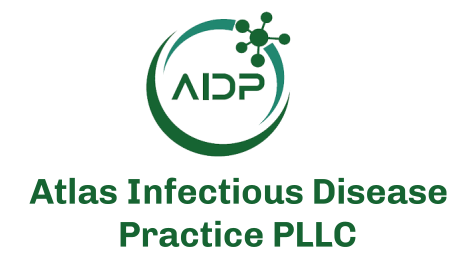For the immunocompromised there is limited efficacy to vaccines. In a mid-sized study published in the journal, Clinical Infectious Diseases, investigators found decreased COVID-19 vaccination seropositivity amongst immunocompromised populations vs nonimmunocompromised healthcare workers (HCWs).
“Compared with HCW (92.4% seropositive), seropositivity was lower among participants with SOT (30.7%), hematological malignancies (50.0%), autoimmune conditions (79.1%), solid tumors (78.7%), and HIV (79.8%) (P < .01),” the investigators wrote. 1
In a Centers for Disease Control and Prevention (CDC) MMWR report, a study showed vaccination in this population was significantly reduced in terms of protection against hospitalization. “VE against COVID-19–associated hospitalization was 38% in the first 7–59 days after receipt of an updated COVID-19 vaccine dose and 34% in the 60–119 days after receipt of an updated dose,” the investigators wrote.2
With limited efficacy in these populations, the development of other prophylactic modalities such as monoclonal antibodies have been advanced as a potential alternative.
Earlier this year, Invivyd’s monoclonal antibody, pemivibart (Pemgarda), received an FDA emergency use authorization for the pre-exposure prophylaxis (PrEP) of COVID-19 for both adults and adolescents at least 12 years of age, and weighing at least 40 kg (88.1 lbs) who are immunocompromised.3
COVID-19 Therapy Roundtable Panel
Tina Tan, MD, professor of Pediatrics, Feinberg School of Medicine, Northwestern University
Scott Roberts, MD, associate medical director of Infection Prevention, Yale School of Medicine
James Wilson, DO, FACP, FAWM, CTropMed, critical care physician in private practice
Michael Curulewski, PharmD, BCPS, BCIDP, BCGP infectious diseases and antimicrobial stewardship pharmacist, Endeavor health, Northwest Community Hospital
“I cared for a patient who had COVID for over a year, who was heavily immunocompromised, and I couldn’t help thinking at the time, if we had something like this [monoclonal antibody] for them, it really would have changed their entire life,” said roundtable panelist Scott Roberts, MD, associate medical director of Infection Prevention, Yale School of Medicine. “I think providers and patients need to be aware that this is an option right now.”
Roundtable panelist James Wilson, DO, FACP, FAWM, CTropMed, continues to stress the importance of COVID-19 vaccination for everyone, but says these FDA-approved treatments have certainly helped in both the inpatient and outpatient settings. “The reason COVID seems so much better now is we can treat it.”
This is the fourth and final episode of our series. To view the whole series, go here.






